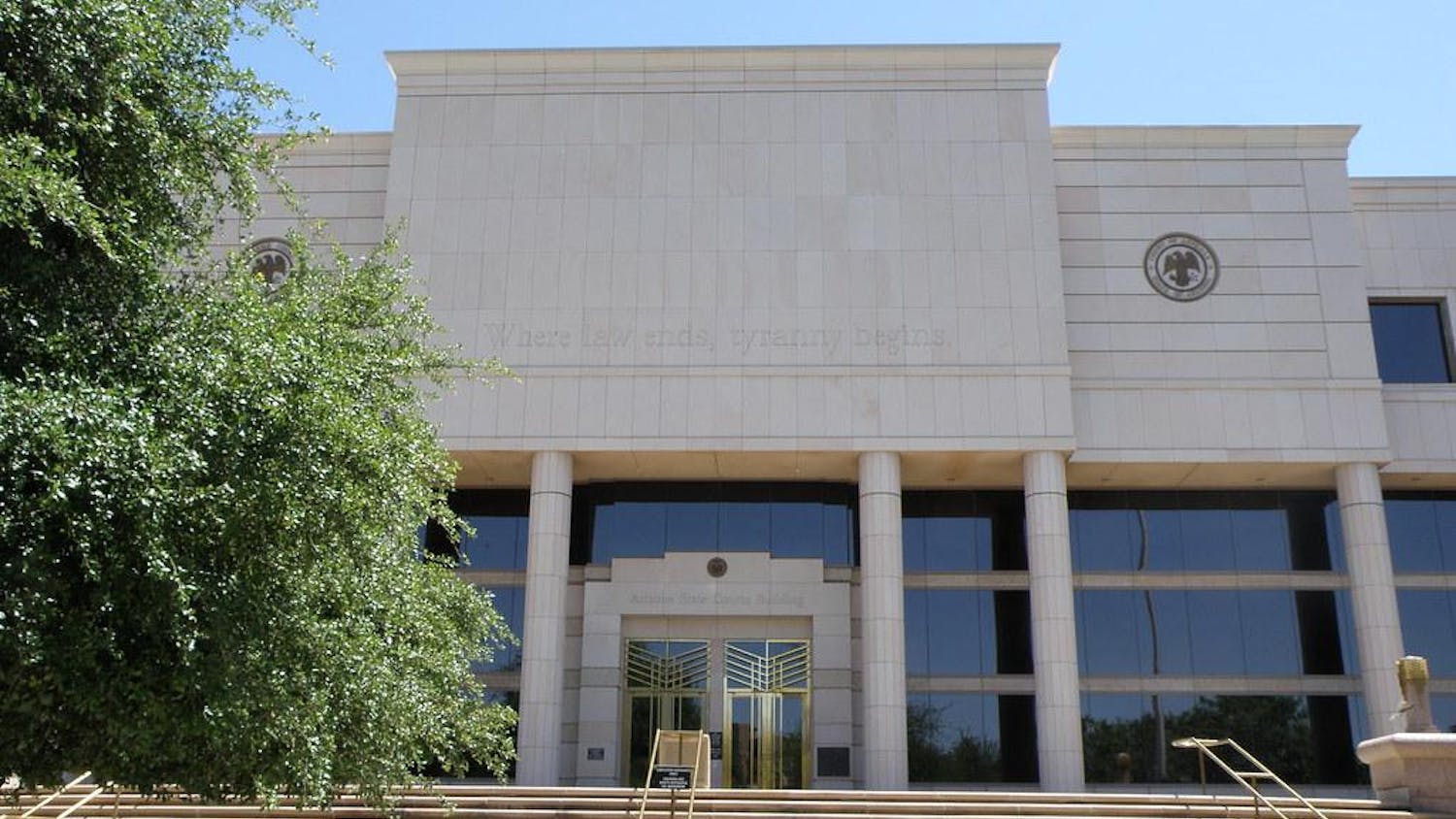Most of us will never know the scarring consequences of a criminal record, but for thousands of adolescents, crimes of their youth have been following them to college. Since 2000, a multitude of would-be college students have been denied government grants and loans that pay for tuition due to felonies and misdemeanors committed during their formative years. The law doesn’t only punish murderous adolescents — it also attacks the misguided ones who had committed minor drug crimes. This denial of financial aid has been widely criticized for its lack of fairness and its unconstitutionality. Consequently, on Feb. 11, U.S. Senator Bob Casey (D-PA) and U.S. Senator Orrin Hatch (R-UT) introduced legislation to repeal the decade-old law in the name of a more just justice system. This legislation has the potential to improve the lives of thousands of students seeking degrees and brighter futures.
There are many reasons, both moral and practical, to support the immediate repeal of the law. For one, the law transcends the proper scope of justice. Adolescents who break the law already pay for their crimes in court, whether it is through time in detention or other restorative measures. To make them continue to pay for their mistakes for the rest of their lives is draconic, especially if their crimes are of a lesser magnitude. To deny students the chance to go to college traps them in a vicious cycle of social stigma, alters the opportunities they will have in the future and paves the way for recidivism, an issue that plagues our prison and justice system. It keeps these students stuck in the same pattern of criminal behavior rather than providing a path for rehabilitation.
Inadvertently or not, the law oppresses minority groups, especially African American youth, who are systematically and disproportionately targeted by law officials for drug crimes. The law was formed in the latter years of the exhaustive War on Drugs, a stringent move by the federal government to crack down on crime. But due to the racial climate of our society, young African Americans were swept into the prison system as the primary victims of the harsh legislation. This compounds the existing issue of low numbers of African American students in higher education. Without federal aid, students are highly dissuaded from attending institutions of higher education.
Many proponents of the repeal have claimed that this law is also unconstitutional in nature. In past years, the Supreme Court has ruled time and again that juveniles should not be held responsible for their crimes as adults. To punish them their whole lives for crimes committed in their youth constitutes cruel and unusual punishment. Therefore, although the refusal of federal aid may seem an appropriate response to criminal adults by some, it is not necessarily the proper response to juveniles. It is wrong to destroy the potential of a rehabilitated life for someone who may have done something misguided in their youth.
The new legislation to repeal the exorbitantly harsh law would address each of these issues. It would eliminate questions about drug convictions on the FAFSA application, it would attack the vicious cycle of mass incarceration that oppresses an entire generation of African American youth and it would pave the way for a progressive style of restorative and rehabilitative justice that is lacking in our current system.
More from The Tufts Daily
Letter to the Editor
By
Tufts Friends of Israel
| April 30
Unions are on stage at Tufts and SMFA
By
Kunal Botla
| April 29
Stop denying women their bodily autonomy
By
Linda Huang
| April 29





